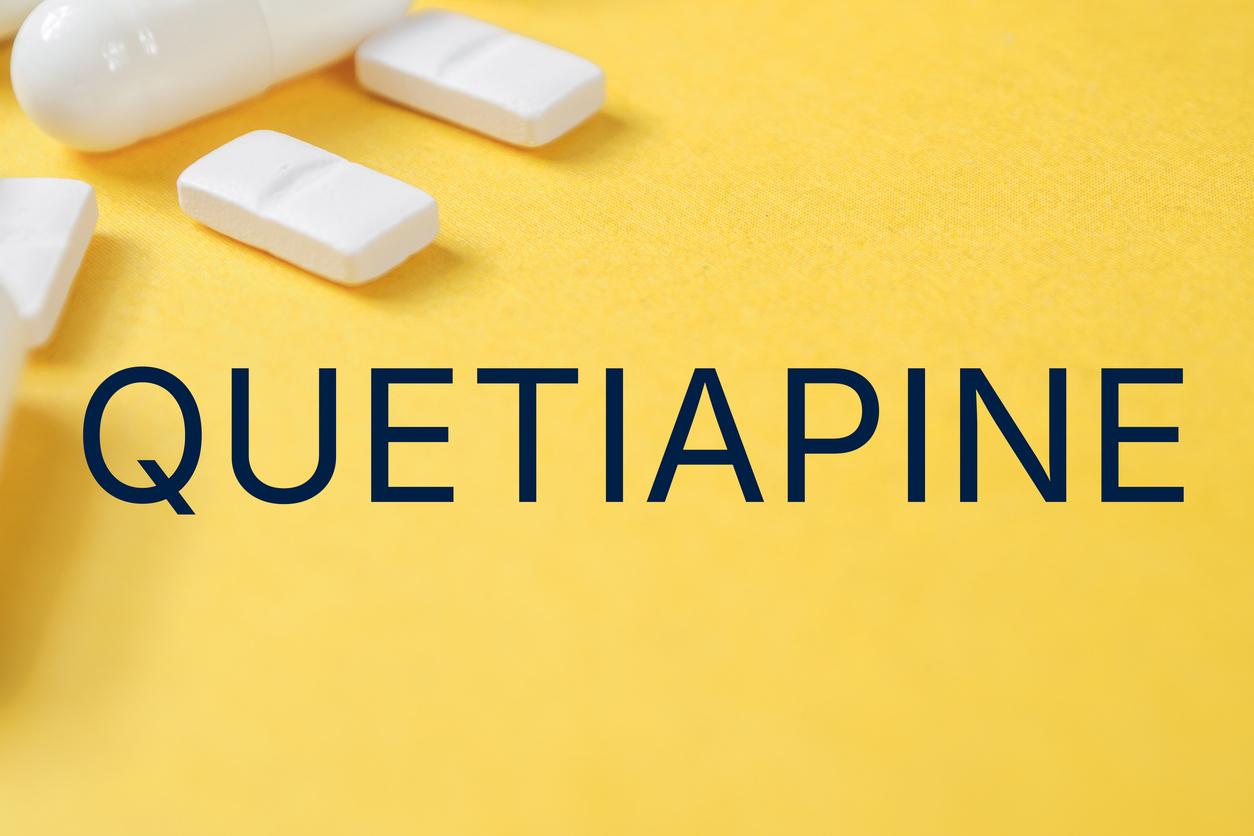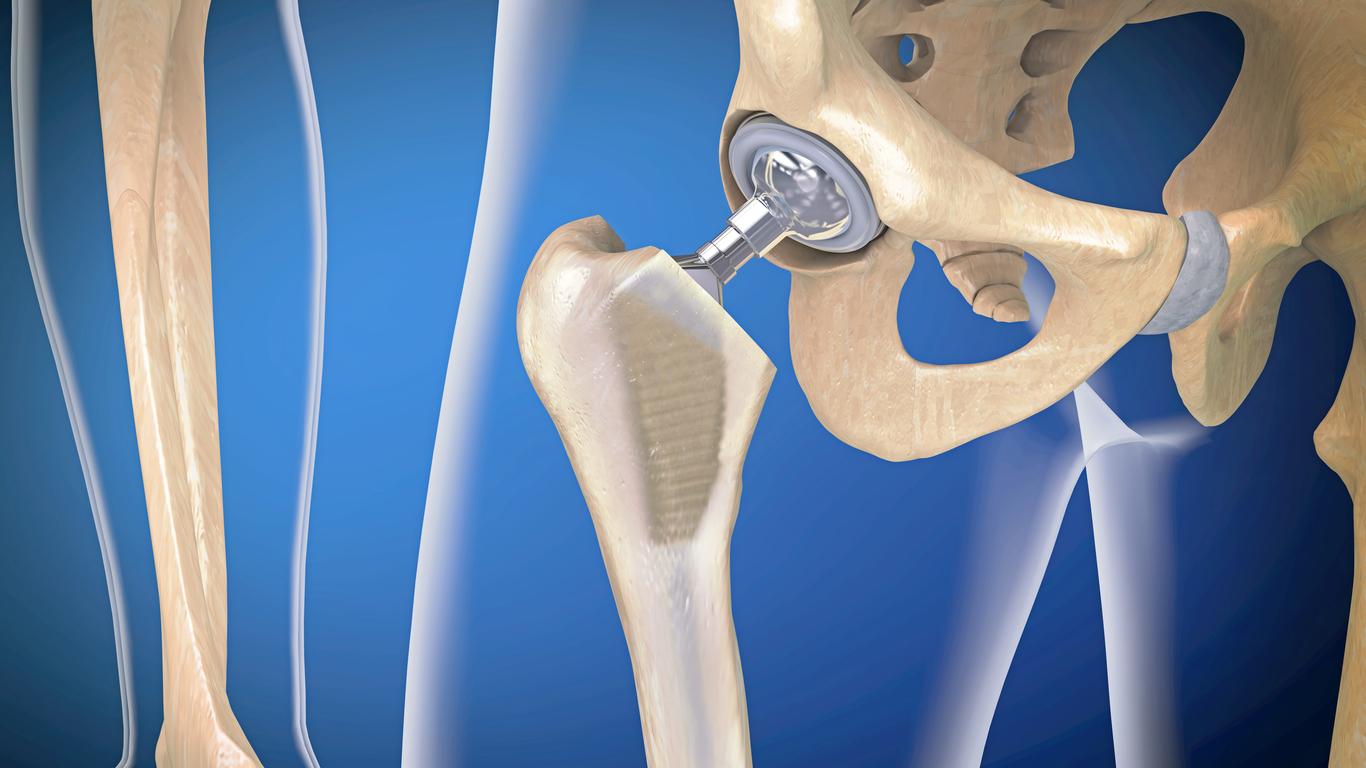While some drugs are already out of stock in pharmacies, the National Agency for the Safety of Medicines and Health Products (ANSM) publishes recommendations to avoid a shortage of amoxicillin.

- Amoxicillin acts in case of bronchitis and sinusitis, infections of the digestive or urinary tract, genitals, gums and teeth according to the medical dictionary Vidal.
- Supply difficulties could last until March 2023, indicates the ANSM.
This is the main antibiotic prescribed to children and it could run out: amoxicillin. To deal with supply tensions, the National Agency for the Safety of Medicines and Health Products (ANSM) has published a series of recommendations for doctors, pharmacists, patients and parents of patients.
To avoid shortage, one must prescribe and use amoxicillin wisely
The drinkable forms of the treatment, adapted to the youngest, are the most impacted by these supply tensions. “In this context, both the prescription and the wise use of these antibiotics are essential”, indicates the ANSM.
“Amoxicillin is an antibiotic. It can be prescribed by a doctor to treat bacterial infections only, explains the ANSM in its recommendations for patients and parents. Antibiotics are ineffective against viral infections, including bronchiolitis, influenza, Covid-19, nasopharyngitis and the vast majority of angina and ear infections. If you have a viral infection, your doctor will not prescribe antibiotics“.
But, if an antibiotic is necessary, the ANSM advises doctors and pharmacists to follow the recommendations for good practice drawn up by the High Authority of Health, including the limitation to 5 days of the duration of the treatment. The Medicines Agency also recommends the use of rapid diagnostic orientation tests (Trod), making it possible to detect whether angina is due to a virus or a bacterium and which can be carried out in pharmacies or by the doctor.
A risk of shortage of amoxicillin linked to Covid-19
Supply tensions would be due to various factors, in particular a drop in production during the Covid-19 pandemic and difficulties in accessing certain raw materials.
In addition, Pauline Londeix, co-founder of the Observatory of Transparency in Medicines Policies (OTmeds), explained to France News that the increase in energy prices has “enormous repercussions on pharmaceutical production“. Some manufacturers, in China for example, decide to no longer produce certain drugs, including antibiotics.
And this situation is cause for concern: “We will no longer be able to prescribe amoxicillin, because the stocks will no longer be there, the practitioners will prescribe something else. There will be a domino effect on other drugs. What worries us terribly is that we also know that it should affect other drugs. So it’s really problematic. There is an urgent need for the State to start producing medicines”, concludes Pauline Londeix.
















